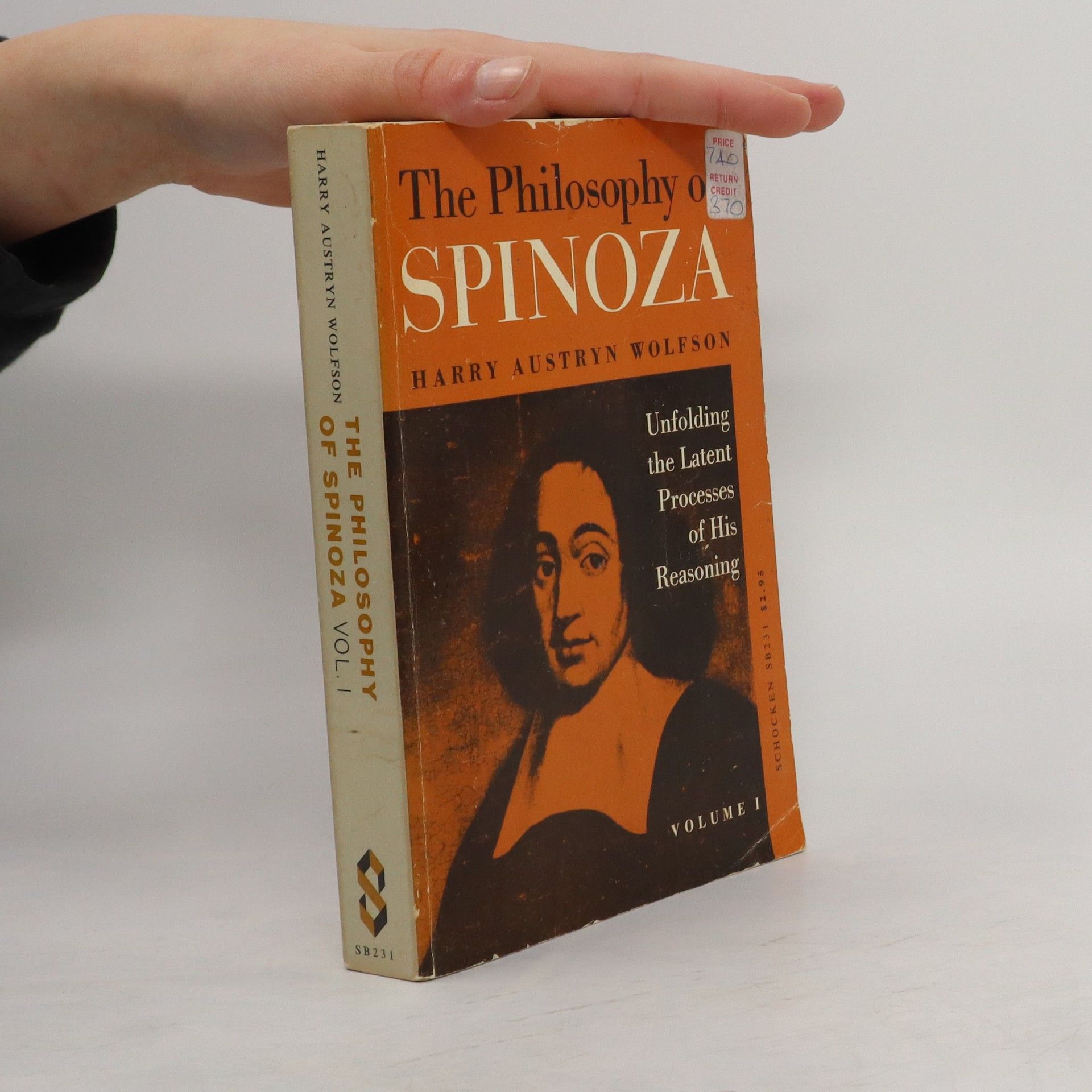Exploring the profound ideas of Spinoza, this work delves into his philosophical concepts, including the nature of reality, the divine, and human emotion. It examines Spinoza's influence on modern thought and his unique approach to ethics and metaphysics, presenting a comprehensive analysis of his theories and their implications for understanding existence and knowledge. Through critical insights, readers gain a deeper appreciation of Spinoza's contributions to philosophy.
Harry Austryn Wolfson Libros
Este erudito, filósofo e historiador, radicado en la Universidad de Harvard, es más conocido por su obra seminal sobre el filósofo judío Filón. Sin embargo, su prolífica producción se extendió mucho más allá de la judaica, abarcando la filosofía cristiana, islámica y occidental. La contribución más significativa de Wolfson fue quizás su desmantelamiento de las barreras artificiales que habían aislado el estudio de estas distintas tradiciones filosóficas. También representó la consecución de los objetivos del movimiento Wissenschaft des Judentums del siglo XIX, al ser el primer erudito en judaica en desarrollar una carrera completa en una universidad estadounidense de primer nivel.
